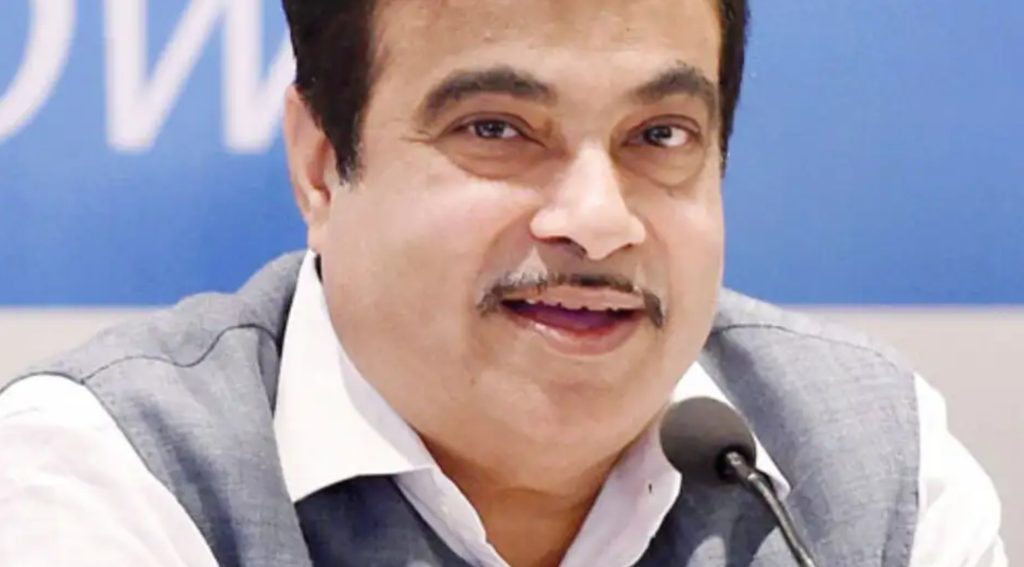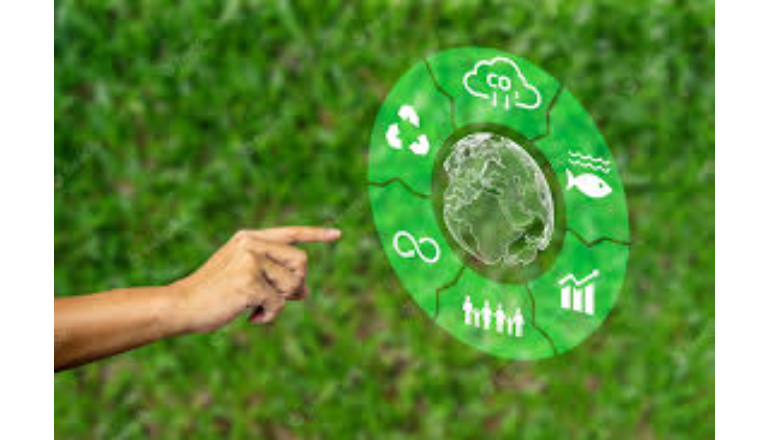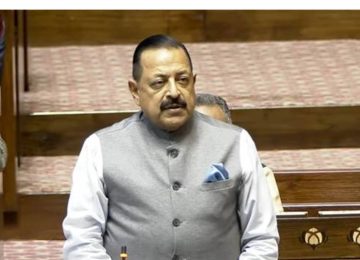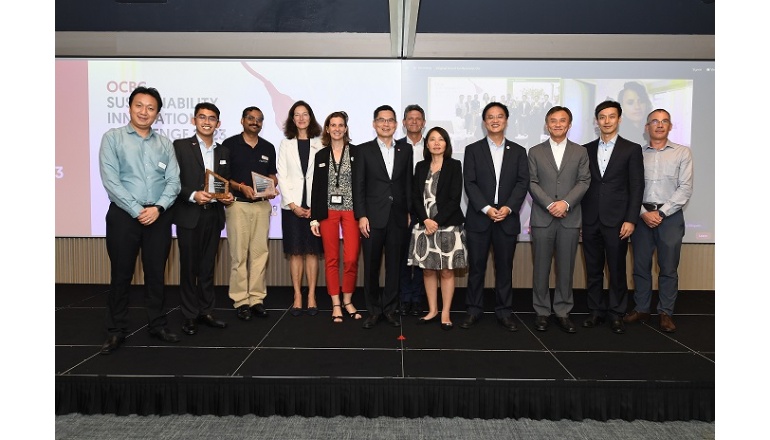In a major policy announcement signaling India’s commitment to its climate goals, Road Transport and Highways Minister Nitin Gadkari declared that the country’s next phase of vehicle emission and fuel efficiency standards will be aligned with global timelines.
Speaking at the annual convention of the Society of Indian Automobile Manufacturers (SIAM), Gadkari said that reducing vehicular carbon emissions is a top priority for the government.
The minister’s statement is a significant step towards India achieving its goal of becoming a net-zero carbon emitter by 2070. This alignment ensures that the upcoming Bharat Stage VII (BS VII) emission norms and the next iteration of Corporate Average Fuel Efficiency (CAFE) norms will follow international standards. The CAFE III norms are set to be enforced from April 2027, with consultations already underway between the government and the automotive industry.
Scrappage policy and GST incentives:
In an effort to promote the removal of older, more polluting vehicles from the roads, Gadkari urged automakers to offer concessions to buyers who scrap their old vehicles. He also called on the industry to establish more testing and scrapping centers for end-of-life vehicles.
The minister revealed that the Ministry of Road Transport and Highways has proposed to the finance ministry that GST benefits be provided to consumers who scrap their vehicles, a move aimed at further incentivizing the policy. By August of this year, three lakh vehicles had been scrapped, with 0.141 million of them being government vehicles.
Boosting the auto sector and the mission plan:
Gadkari also highlighted recent GST reforms in the auto sector as a Diwali gift, stating that the tax rate cuts would increase demand and boost overall consumption. He noted that the metal obtained from scrapping vehicles could substitute about 6% of the country’s steel imports, providing a dual benefit of waste reduction and import substitution.
In a related development, the government has initiated the Automotive Mission Plan for 2025-2047, which will serve as a long-term policy roadmap to decarbonize the automobile sector and enhance its global competitiveness. Union Heavy Industries and Steel Minister Kumaraswamy, in a video message, called on the industry to scale up specialty steel production to meet the rising demand from the automotive sector.
Innovation and clean mobility:
Tarun Kapoor, adviser to the Prime Minister, underscored the need for the private sector to scale up research and development and collaborate with the government’s efforts.
He stressed that innovation should be geared towards global markets. Hanif Qureshi, additional secretary in the heavy industries ministry, also spoke at the event, announcing that the government is working on a unified electric vehicle (EV) charging app to assist vehicle owners.













